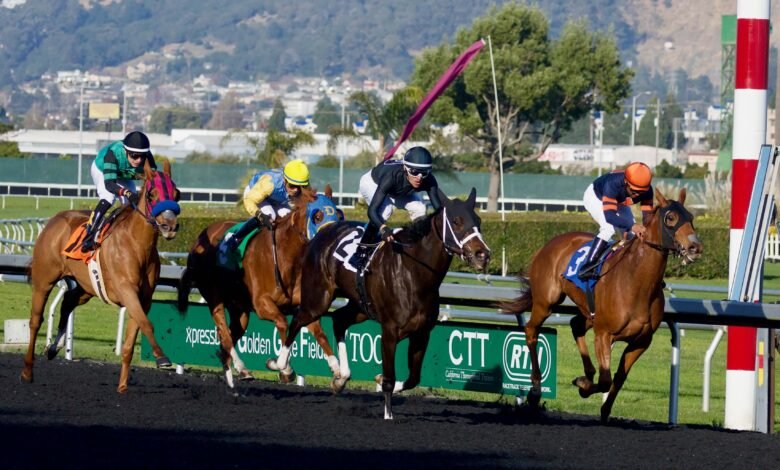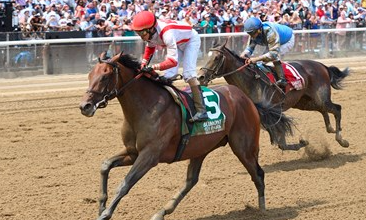The Economics of Betting: Understanding Horse Racing Odds

The economics of betting in horse racing revolves around the intricate calculation of odds. These odds reflect the probability of a horse winning and are influenced by various factors, including track conditions and historical performances. Additionally, bettor psychology can lead to irrational decision-making, further complicating the market. Understanding these dynamics is crucial for bettors aiming to improve their strategies. However, the complexities of this system raise questions about the true effectiveness of common betting approaches.
The Basics of Horse Racing Odds
Understanding the fundamentals of horse racing odds is essential for both novice and experienced bettors, as these odds reflect the probability of a horse winning a race.
Odds interpretation involves recognizing how different formats, such as fractional or decimal odds, convey potential payouts.
Familiarity with betting terminology enhances decision-making, empowering bettors to analyze races effectively and maximize their freedom to wager strategically.
See also: Sponsorship in Horse Racing: Financial Benefits and Pitfalls
Factors Influencing Odds Calculation
Horse racing odds are not only a reflection of a horse’s perceived chances of winning but are also influenced by a multitude of factors that can shift the landscape of betting.
Key elements include track conditions, horse performance history, and changes in public sentiment. Odds adjustment occurs as bookmakers strive for market efficiency, balancing the risk and ensuring profitable operations amid fluctuating betting patterns.
The Role of Bettor Psychology
Perception plays a critical role in shaping bettor psychology within the realm of horse racing. Bettors often engage in risk assessment influenced by emotional bias, leading to irrational decision-making.
This distortion can result in favoring popular horses over statistically superior competitors. Understanding these psychological factors enables bettors to navigate the complexities of horse racing odds, potentially enhancing their betting strategies and outcomes.
Strategies for Navigating Betting Markets
How can bettors effectively navigate the complexities of horse racing markets?
Employing data-driven betting strategies is essential. Analyzing market trends, odds fluctuations, and historical performance can lead to informed decisions.
Conclusion
In the complex world of horse racing betting, odds serve as both a reflection of statistical probability and a canvas for bettor psychology. While data-driven analysis can illuminate potential outcomes, emotional biases often cloud judgment, leading to decisions that may defy logic. Success in this arena hinges on balancing these opposing forces—utilizing empirical insights while remaining aware of the psychological influences at play. Ultimately, mastering this interplay can transform informed strategies into lucrative betting opportunities.




